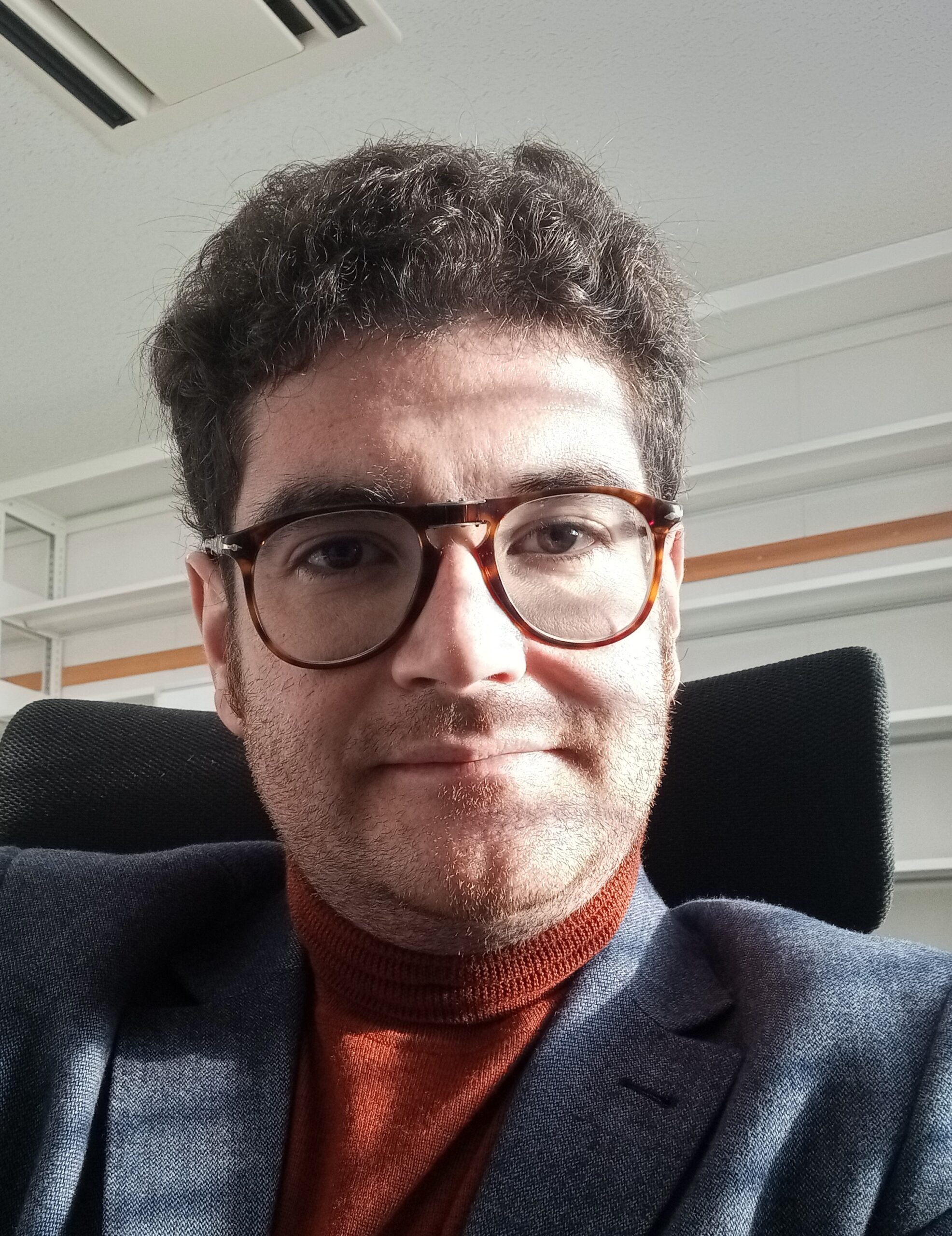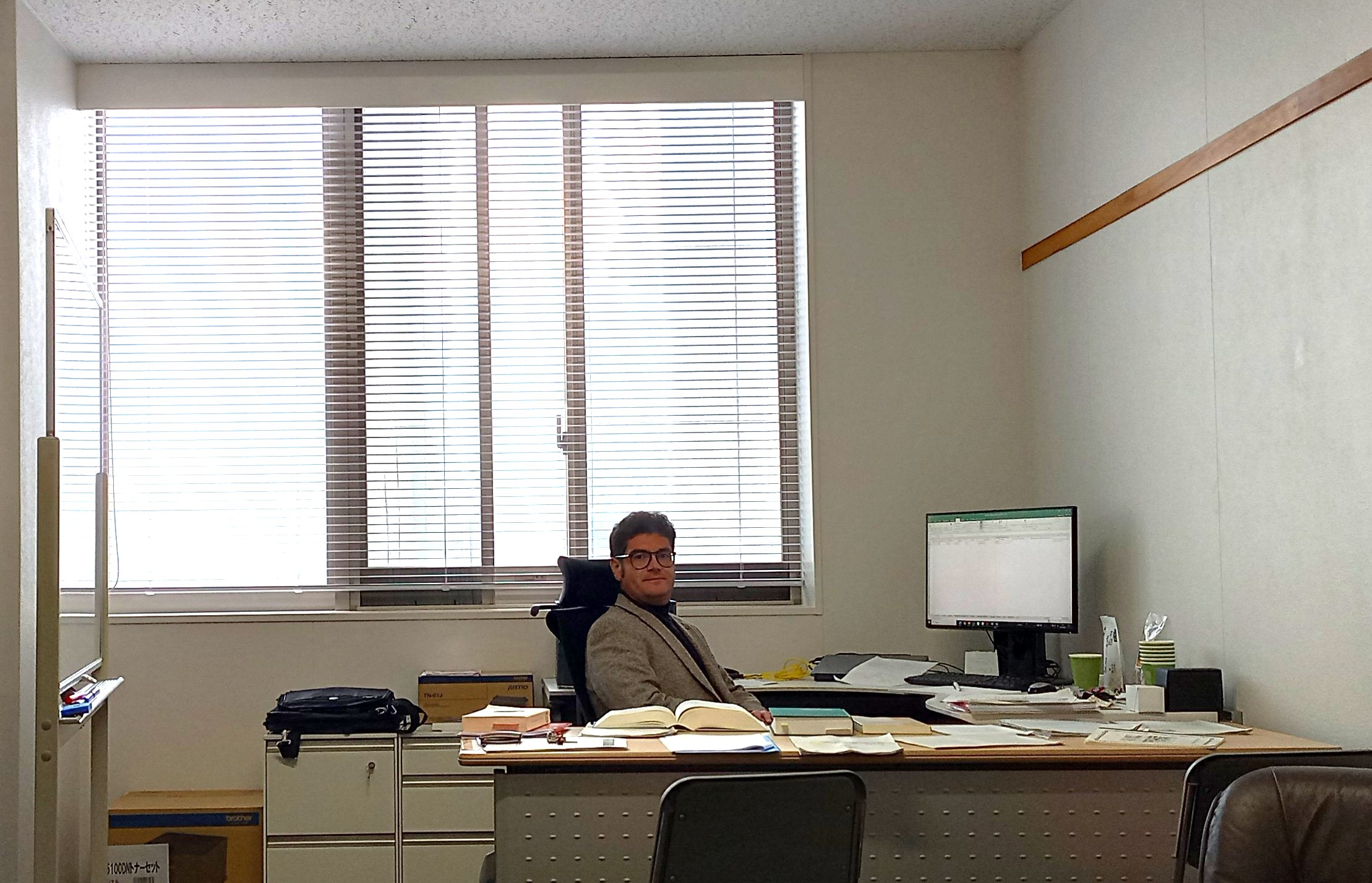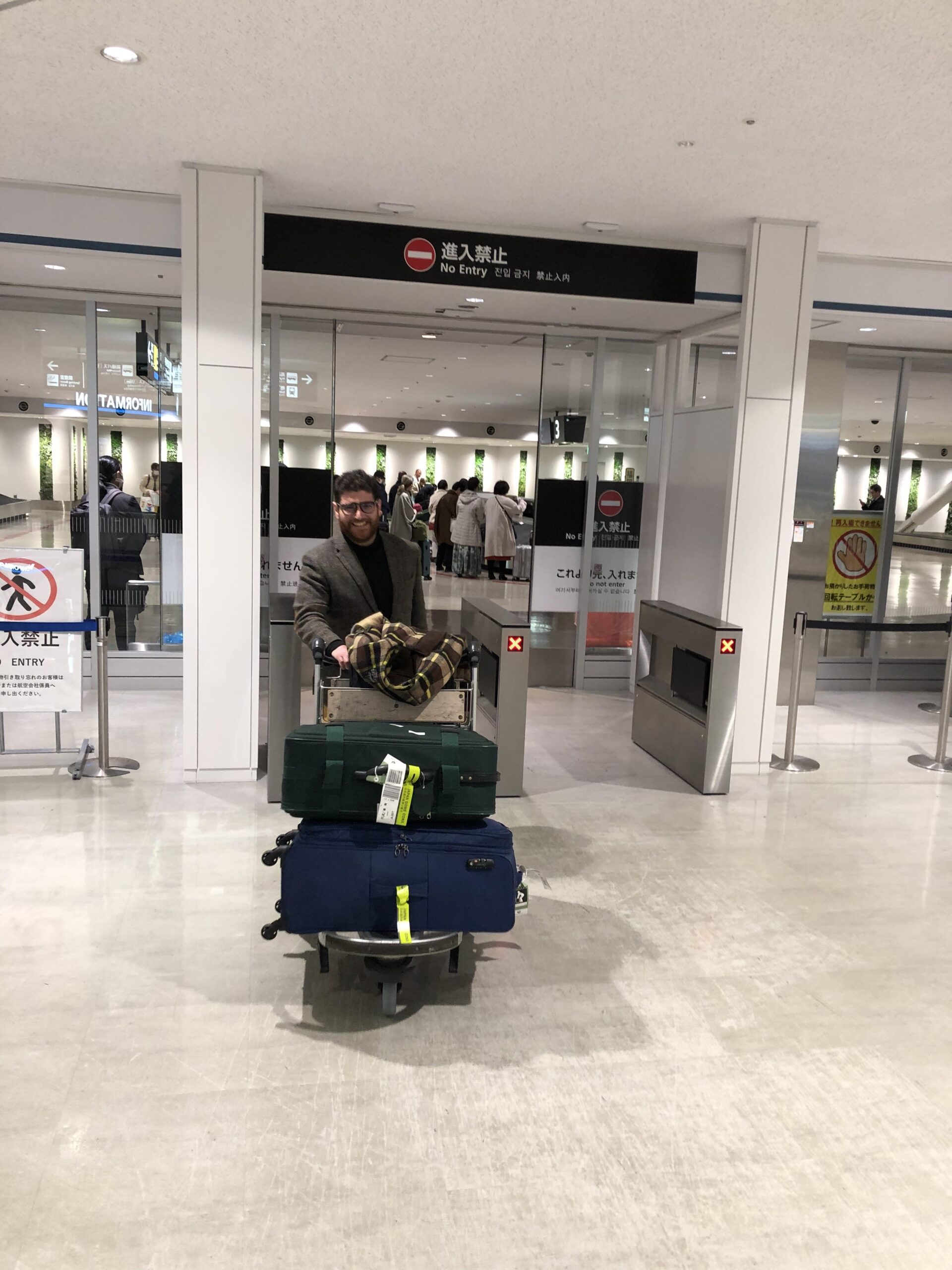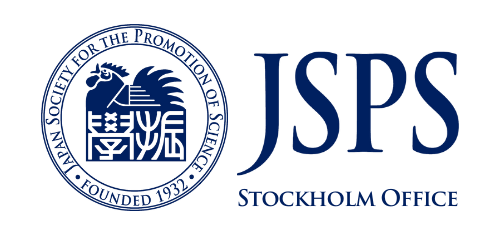
Matteo Tarsi
JSPS Postdoctoral fellow, Faculty of Lamguages and Cultures, Kyushu University, Japan
What kind of research are you currently engaged in?
I specialize in historical linguistics. My research area at the moment is Indo-European historical semantics. I am interested also in how cognitive linguistics informs historical-etymological research. At Kyushu University, I carried out a project on selected meanings in the sphere of cognition, senses, and saying, and investigated the pathways of conceptualization behind verbs in a selection of Indo-European languages from different times and places.
How did you get interested in your research subject?
I have long been involved with historical linguistics. The idea for the project I carried out at Kyushu University came to me about three or four years ago as I got interested in how different languages made into words meanings such as ‘to teach’, ‘to learn’, and ‘to know’. At that time, I had a postdoctoral position in Uppsala but I was working on another project. Hence, I had the time to collect some preliminary materials and write down my ideas, which came to be useful when I saw the JSPS position advertised!

Why did you choose the institution to conduct your research for the JSPS fellowship?
I chose Kyushu University because I had a connection with my host there, as he is the editor of a well-known journal in the field of Germanic linguistics and I have published some articles there in the past few years.
What was your impression of the research environment in Japan compared to other countries you have experienced?
I think the departmental life I experienced is similar to Italy but quite different from Sweden, where each department works like a co-living as far as human relationship are concerned. Through my host, I met and got to know other colleagues and also had time to meet them off working hours.
How did you spend your time in Japan? Did you find anything fun and interesting, or strange and challenging?
I think I had one of the most wonderful, exciting, and interesting years in the last decade. Beside working on my project, I had time to go out, meet new people, travel etc. I have started to study Japanese, mostly by looking at signs, menus, and listening to the train announcements (I had one hour commute to campus). I am happy I landed in the right city, Fukuoka!

What impact do you think the JSPS fellowship has on your future career?
I think the JSPS fellowship had a major impact in my career as it gave me the possibility to work on this project idea I had and to establish connections not only with Japan but also with other colleagues worldwide. In October, I attended a conference in Kyoto and made the acquaintance of many renown scholars in the field of Indo-European linguistics. That gathering brought me an invitation to hold a lecture at Tokyo University (early January 2025) and an informal offer to hand in a book proposal on a project I am currently developing (and which actually stems from my JSPS-funded project). Sweden awaits me now and then, from September 2025, Italy, where I was awarded a Marie-Curie fellowship by the European Union (award just before flying to Japan last year!). I will devote part of that time to apply for three programs for young researchers in Japan (Kyoto, Tokyo and Fukuoka).
Do you have any advice for researchers who are interested in going to Japan?
Let Japan surprise you!
(February, 2025)
2010 BA, Facoltà di Lettere e Filosofia, Università di Pisa
2013 MA, Facoltà di Lettere e Filosofia, Università di Pisa
2014BA, Íslensku- og menningardeild, University of Iceland
2020 PhD in Icelandic Linguistics, University of Iceland
2021-2023 Postdoctoral Fellow, Department of Scandinavian Languages, Uppsala University
2023-2025 Researcher, Department of Scandinavian Languages, Uppsala University
